Anja Murray: Who do we think we are? Time to look at how we connect with nature
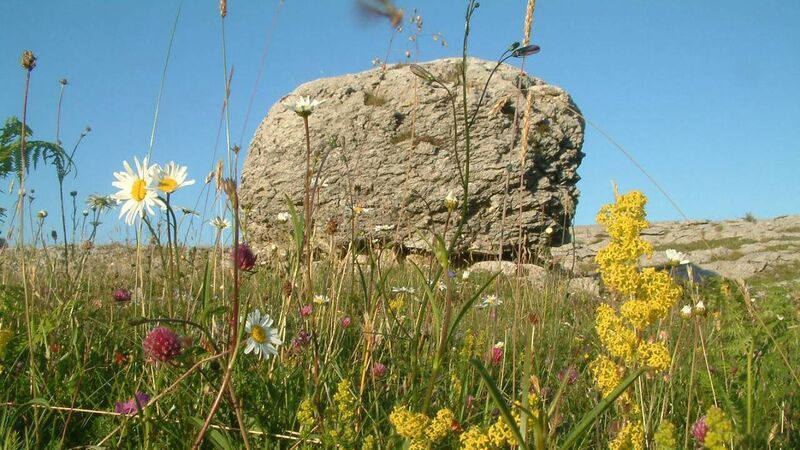
BurrenBeo trust is an environmental charity working to connect people and place, conserve natural, built and cultural heritage, and engage communities with landscape through stewardship programmes. Picture: burrenbeo.com
Who do we think we are?
This question: 'Who do we think we are', is at the core of our current ecological and climate crises. Asked to challenge the assumed position of humans as rulers of the world, with automatic ownership rights over the land and everything else, it cuts to the heart of whether we are owners or stewards. The question has been answered differently though the ages by creation myths and religions, by poetry and philosophy. It is a question we would be doing well to revisit now, as a society, while ecosystems are unravelling all around us and excess greenhouse gasses clog the atmosphere.




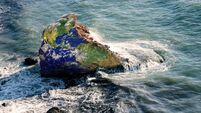
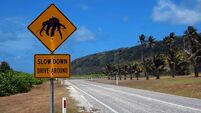
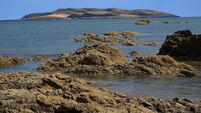
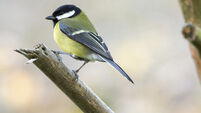
![<p> The International Union for the Conservation of Nature says that “an ecosystem is collapsed when it is virtually certain that its defining biotic [living] or abiotic [non-living] features are lost from all occurrences, and the characteristic native biota are no longer sustained”.</p> <p> The International Union for the Conservation of Nature says that “an ecosystem is collapsed when it is virtually certain that its defining biotic [living] or abiotic [non-living] features are lost from all occurrences, and the characteristic native biota are no longer sustained”.</p>](/cms_media/module_img/9930/4965053_12_augmentedSearch_iStock-1405109268.jpg)